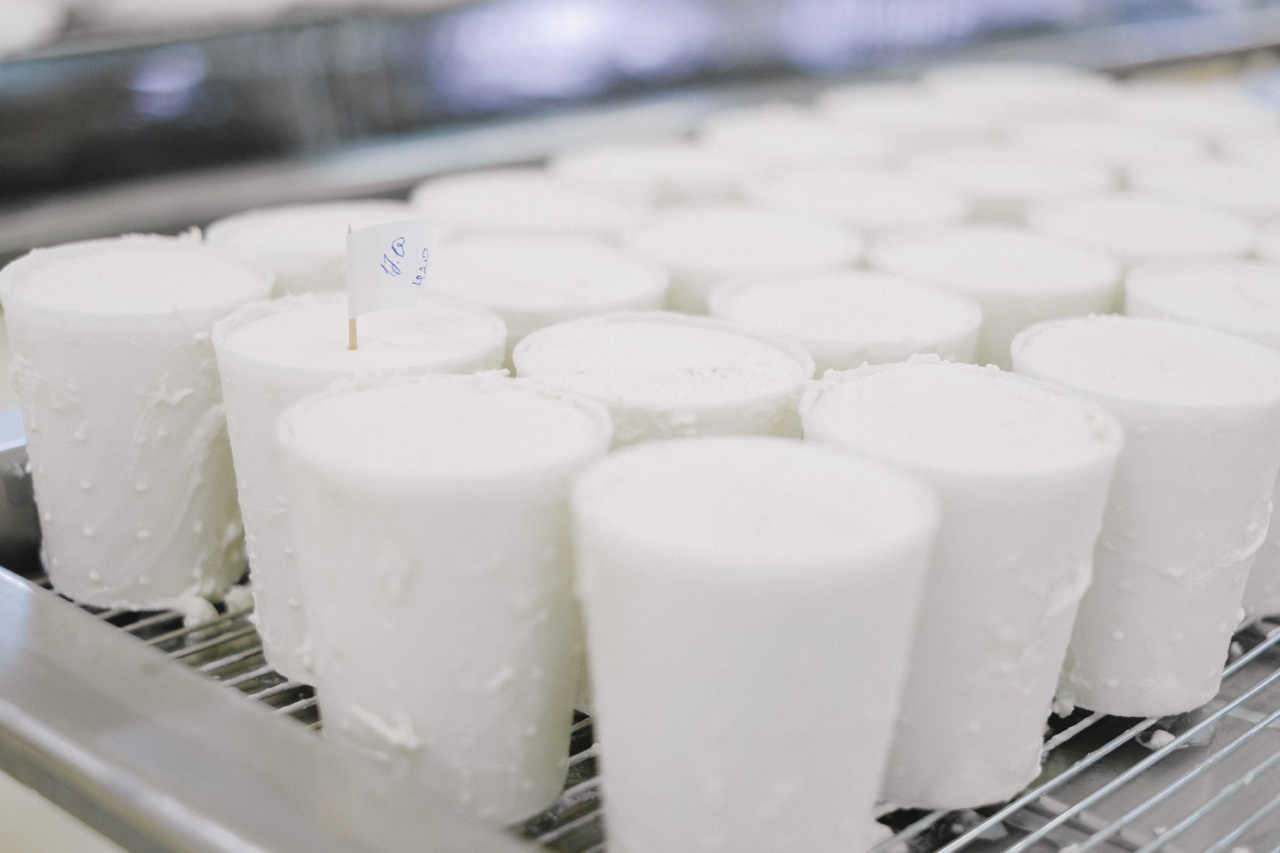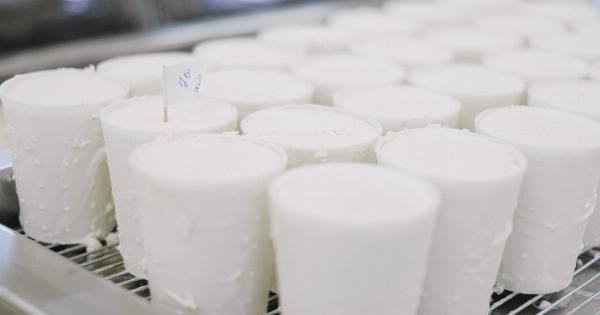As a new mother, you want to ensure that your baby is getting adequate nutrition.
Breast milk is the most complete and natural source of nutrients for your little one, and it also contains antibodies and enzymes that help protect against infections and diseases. However, not all mothers may produce enough milk to meet their baby’s needs. Here is the ultimate guide to boosting breast milk production.
1. Nurse frequently and for longer durations
When it comes to breastfeeding, the more you nurse, the more milk you produce. Aim to nurse your baby every 2-3 hours during the day and every 3-4 hours at night.
Additionally, try to gradually increase the duration of each nursing session, allowing for more emptying of the breast. This will signal your body to produce more milk.
2. Practice proper latching technique
A good latch ensures that your baby is effectively removing milk, which stimulates milk production. Make sure your baby’s mouth covers a large portion of the areola (the dark part around the nipple) and that the lips are flanged outwards.
A lactation consultant can help you achieve a proper latch if you’re having trouble.
3. Pump after nursing sessions
After nursing, use a breast pump to stimulate your breasts and empty any remaining milk. This will help signal your body to produce more milk for the next nursing session. Pump for at least 10-15 minutes after each feeding.
4. Try power pumping
Power pumping involves pumping for short periods of time with short breaks in between. Mimic a baby’s cluster feeding pattern by pumping for 10 minutes, taking a 10-minute break, and then pumping for another 10 minutes.
Repeat this cycle for an hour, once a day. This can help boost milk supply.
5. Stay hydrated
Drinking enough fluids is important for milk production. Aim to drink at least 8-10 glasses of water per day, and have a glass of water or other beverage on hand while nursing. This will keep you hydrated and help with milk production.
6. Eat a balanced diet
What you eat can affect your milk supply. Make sure to consume a balanced diet that includes enough calories, protein, and healthy fats. Foods that may help boost milk supply include oats, almonds, brewer’s yeast, and dark, leafy greens.
7. Take care of yourself
Stress and fatigue can impact milk production. Try to get enough rest and relaxation, practice self-care, and ask for help when you need it. Taking care of yourself can help ensure a healthy milk supply.
8. Consider using a breast pump
A breast pump can be a helpful tool for maintaining or boosting milk production. Using a pump can help empty breasts effectively and stimulate milk production.
You can use a breast pump to pump before nursing if your baby is having difficulty latching, or to increase milk supply.
9. Talk to your healthcare provider
If you’re having difficulty producing enough milk, talk to your healthcare provider. They may be able to provide additional tips, support, or suggest supplements or medications that can help boost milk production.
10. Be patient and persistent
Increasing breast milk production can take time and effort. Be patient with yourself and your body, and keep trying different techniques until you find what works best for you.





























